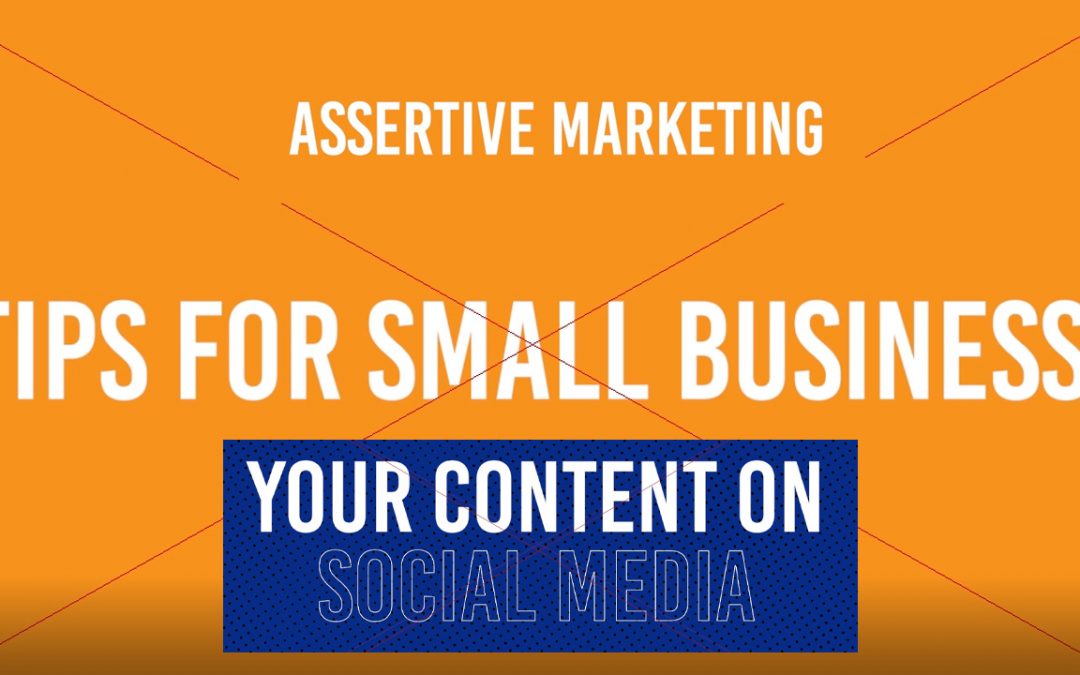
Small Business Growth through Quality Customer Acquisition

Securing success
Securing Success: Navigating the Journey of Small Business Growth through Quality Customer Acquisition
The significance of acquiring quality customers is paramount, particularly for a small business. As a small business, the initial focus is on securing customers to establish a financial foundation and build confidence. However, the wrong customer can jeopardize both cash flow and confidence, crucial elements for navigating challenges.
What is a good customer
Understanding what constitutes a good customer is pivotal. A good customer comprehends the value your business or product brings to the transaction. For instance, if your business offers high-quality services or products, a good customer recognizes that negotiating for a lower price may not be the best approach. They understand that quality comes at a price, emphasizing the need for a clear understanding of your business’s value proposition.
Before the sale
Identifying a good customer begins before the sale. Listening to a potential buyer’s approach provides insights into the value they place on your business. Warning signs may include aggressive behaviour, haggling over prices, or demanding immediate attention. Reflecting on these interactions helps in discerning potential challenges.
To attract good customers, consider the following strategies:
- Know Your Offer: Have a comprehensive understanding of what your business brings to customers.
- Target the Right Customers: Identify the customer segment that aligns best with your offerings to avoid mismatches.
- Establish a Screening Procedure: Implement a set of questions or a structured process to assess a potential customer’s commitment and compatibility.
- Reflect on Existing Relationships: Analyse interactions with current good customers to identify common traits that make them ideal to work with.
While running a small business is demanding, the focus should be on finding customers who align with your company’s values and offerings. Recognizing that not every customer may be the right fit prevents potentially challenging experiences. Taking the time to nurture and appreciate good customers is vital, considering their rarity in the business landscape.






